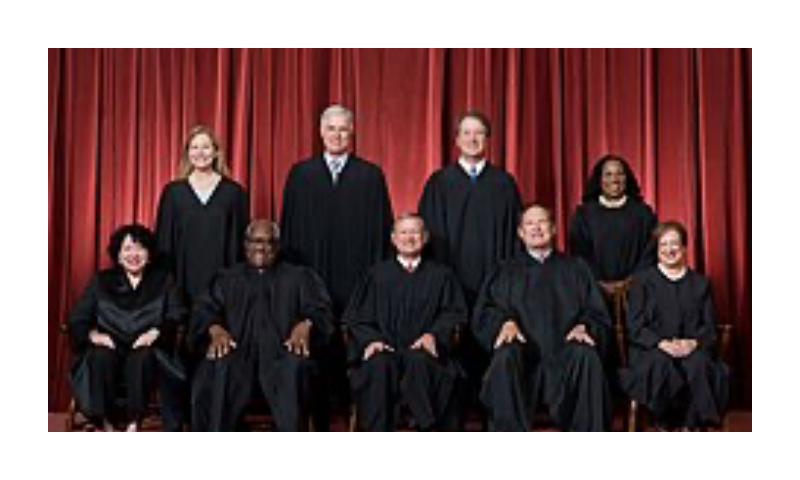Brent Kendall, WSJ, June 29, 2023
The Supreme Court’s 6-3 decision outlawing affirmative action in higher education produced more than 200 pages of jousting between different camps of justices, a clash that reflects a broader societal debate about racial inequality, historical discrimination and how to address it. Here are some of the highlights.
Chief Justice John Roberts for the majority
The chief justice wrote the court’s lead opinion, on behalf of a six-justice conservative majority, holding that the use of race in college admissions violates the constitutional guarantee of equal protection under the law.
Roberts spent the first half of his 40-page opinion recounting admissions practices at Harvard and the University of North Carolina, as well as the court’s precedents on affirmative action dating back to 1978.
The real action begins midway through the decision, with the chief justice saying the high court has never intended for racial preferences in college admissions to last forever. Roberts noted that the court’s 2003 decision in Grutter v. Bollinger, even as it upheld race-conscious admissions at the University of Michigan Law School, said that racial classifications were dangerous.
[To read the full article, click here]


